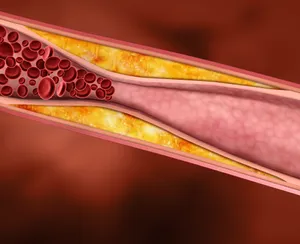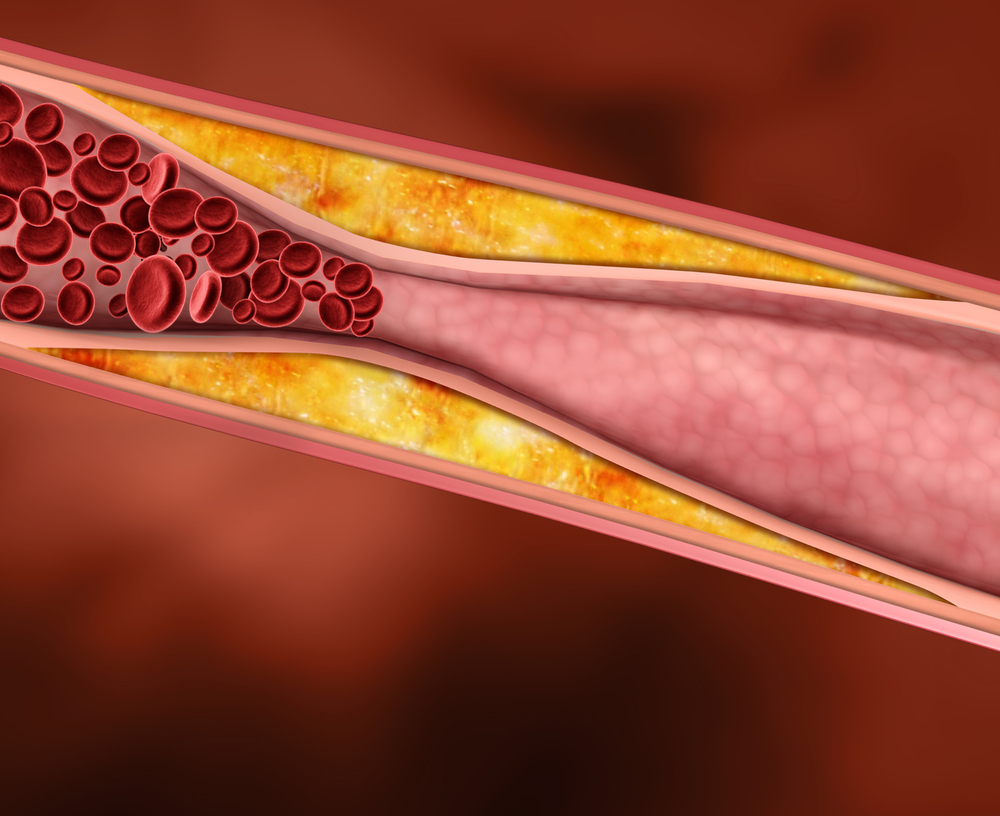
Cholesterol moves through our bloodstream in small packages. These packages are called lipoproteins, and consist of fat (lipid) on the inside and proteins on the outside, and come in two types: low-density lipoproteins (LDL) and high-density lipoproteins (HDL).
LDL cholesterol, or “bad” cholesterol, can cause a buildup of cholesterol in the arteries. On the other hand, HDL cholesterol, or “good” cholesterol,” moves cholesterol from other parts of the body back to the liver, which eliminates cholesterol from the body. It is critical to maintain healthy levels of both types of lipoproteins.
What is high blood cholesterol?
When you have high blood cholesterol, it means that you have too much cholesterol in your blood. As high blood cholesterol has no signs or symptoms, many people have high cholesterol levels and go a long time without realizing it. High blood cholesterol levels bring a higher risk of coronary heart disease.
What are the risks of high blood cholesterol?
Higher levels of LDL cholesterol in the blood bring a higher risk of heart disease. This is because of the role LDL cholesterol plays in the buildup of plaque inside coronary heart arteries. Eventually, this plaque in the arteries hardens, restricting the flow of blood to the heart and leading to angina or a heart attack. When an area of plaque ruptures, it can cause a blood clot.
On the other hand, as HDL cholesterol helps to eliminate the “bad” cholesterol, higher levels of HDL cholesterol in the blood bring a lower risk of heart disease.
Why should we lower our “bad” cholesterol?
By lowering our “bad” cholesterol, we can slow or reduce the accumulation of plaque in the arteries. This also reduces our risk of dangerous blood clots.
Source: Sun Times



